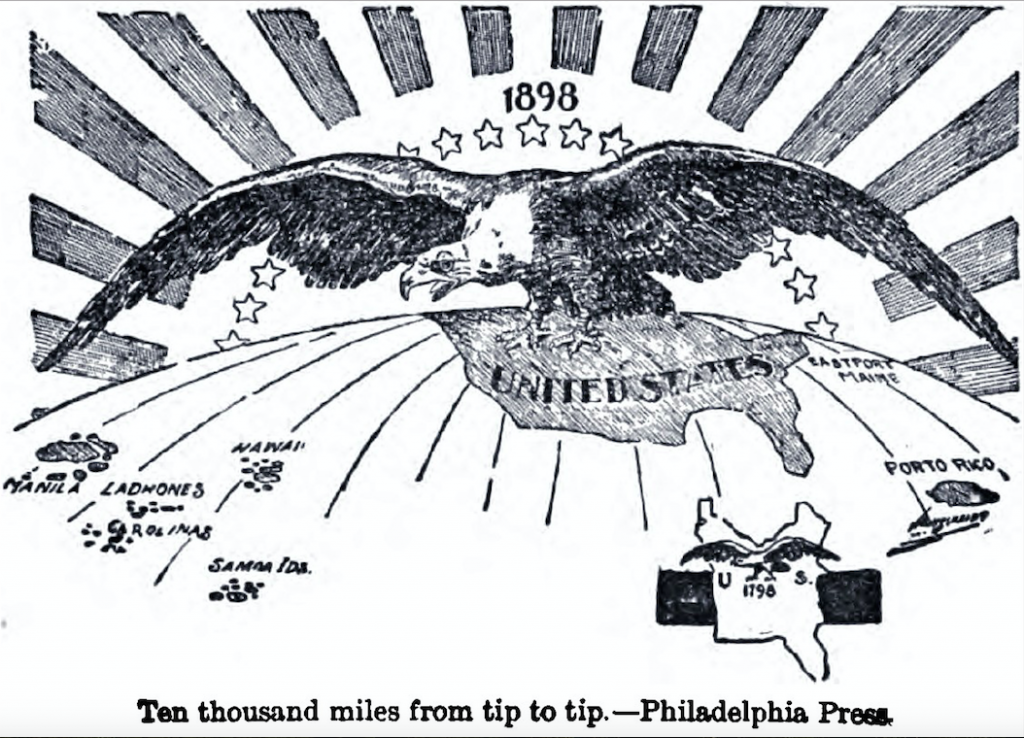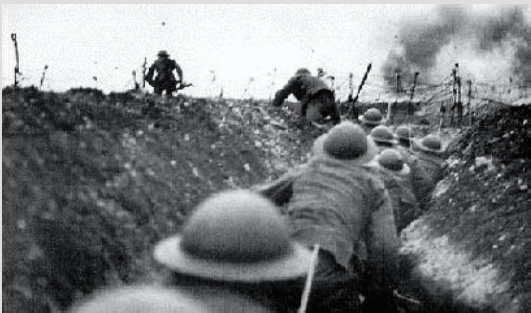Unit 3: Imperialism (late 1800s) and World War I (1914-1917)
Around the turn of the century, the U.S. stepped onto the world stage. As a nation with relatively new wealth and power, America began to expand its influence beyond its borders. While some consider this a time of progress, others criticize the U.S. for conquering independent people with the misguided idea that they needed to be "saved" and "civilized." As the U.S. expanded its reach, a massive war broke out among the major European powers. For the majority of WWI, the U.S. attempted to stay neutral, but eventually we intervened and helped tip the scales in favor of the Allies. The end of WWI brought about major changes in the U.S. and Europe, and although it was thought to be "The War to End All Wars," WWI actually laid the groundwork for another world war that would break out only one generation later.
Links/review guide:
Imperialism & WWI Review Guide
Now that you've taken a couple of my tests, I want to help you start learning to study more independently. So, you will notice a (still very helpful but) slightly less detailed study guide. Think about the "who, what, where, when, why, and how" of each term on the sheet. You can do it!
Extra resources:
A World Without World War I, Featuring Health-Nut Hitler
NPR story on a new counterfactual history book written about what the world would have been like if WWI had never happened. It's interesting!
"My Favorite August" by Gail Collins
NY Times (8/13/10)
History Today articles:
First World War: When Enemies United


